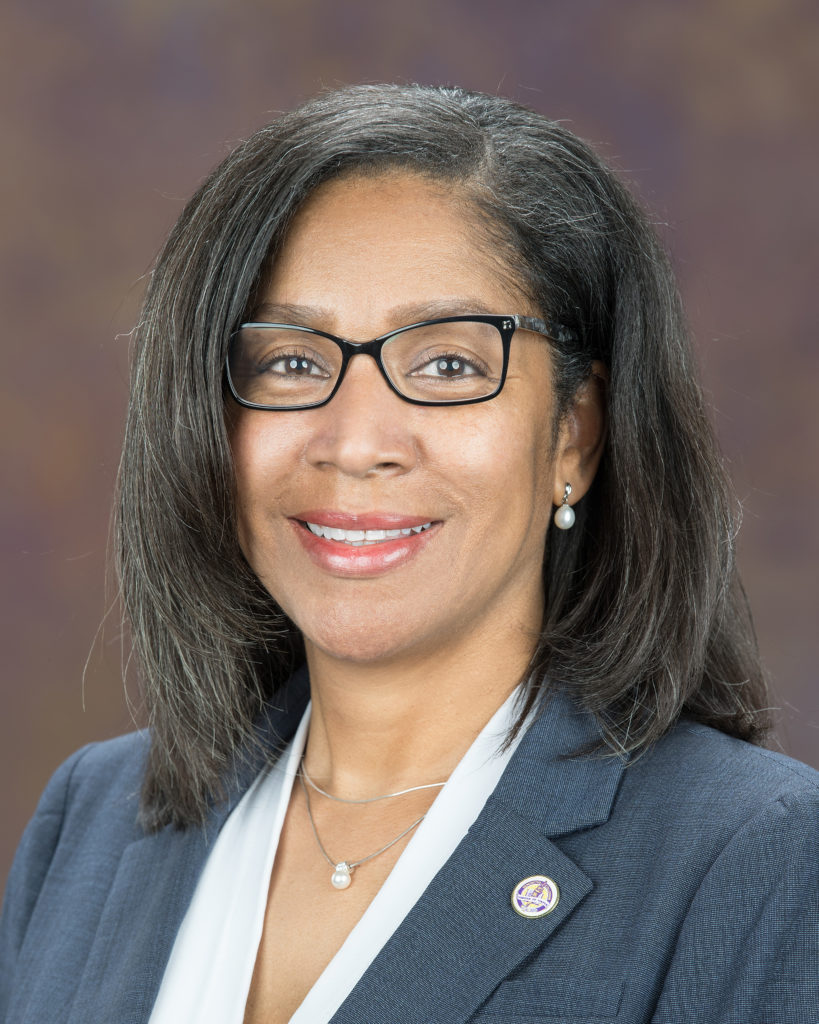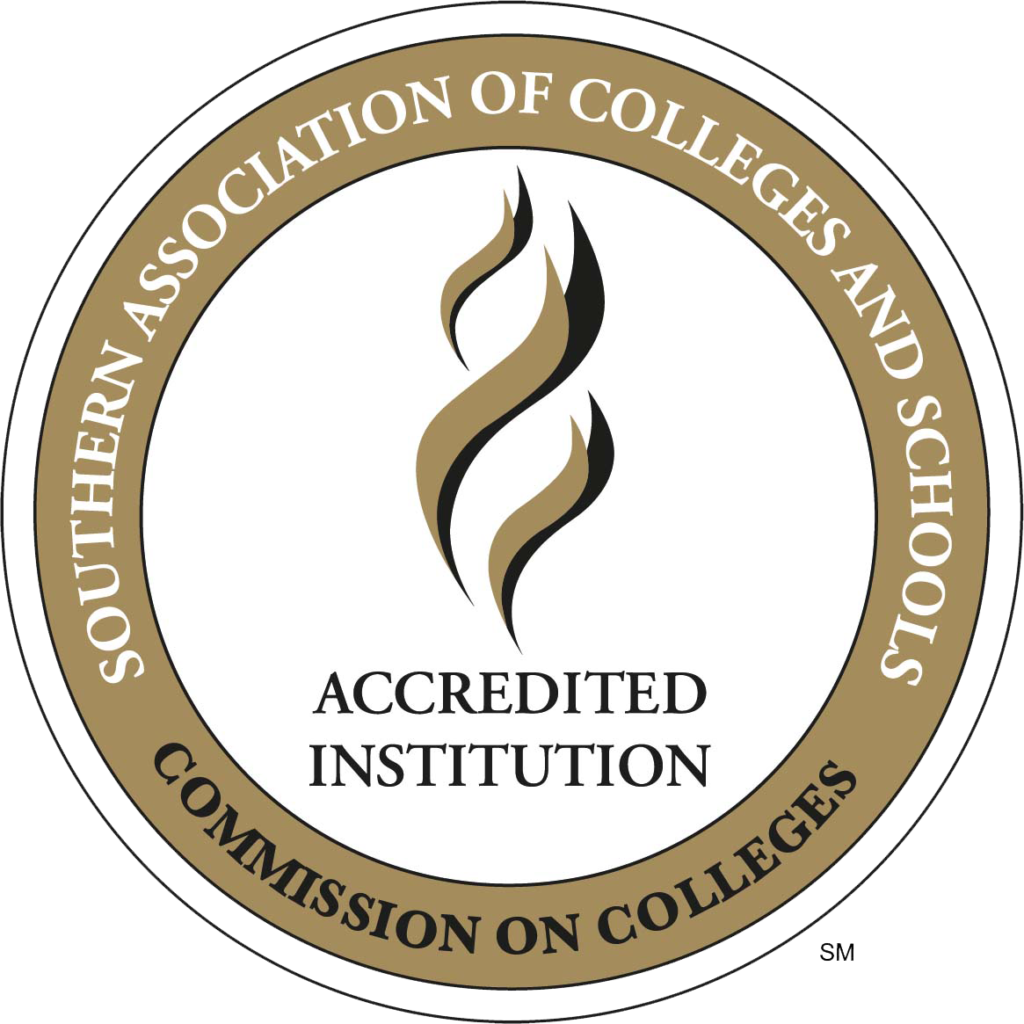Benedict College Quality Enhancement Plan (QEP)

Brief Description
Benedict College has identified financial literacy as the focus of the Southern Association of Colleges and Schools Commission on College’s (SACSCOC) mandated Quality Enhancement Plan (QEP). The institution believes that the topic of financial literacy is timely, relevant, and meaningful for our diverse student body and College community. Implications from the coronavirus left many African American students and their families in vulnerable financial positions, particularly those considered low wealth. The onset of the global pandemic revealed that many of our students lacked the financial resources to return home on short notice and learn remotely. Further, institutional data revealed a steady increase in students who “stop out” and their inability to repay loans. This coupled with survey findings and student experiences shed light on the fact that financial literacy among our student population is greatly needed.
Additionally, there is a great need to ensure that our students understand the impact of their financial habits. The decisions made to cover the cost of attending college for themselves and the institution can have life-long implications on their financial wellbeing.
Consider the following:
Unlike other ethnicities, there is a limited number of “wealthy” African Americans. This type of wealth is defined as living in a spiritually, mentally, and financially sound state of being whereby money is one of the tools used to achieve this (Toure, 2021).
Generational poverty is commonplace resulting in disadvantages that stem from historical disparities such as a lack of financial planning, high default rates on student loans, redlining, and wage gaps (Perkins, 2021).
The median household net worth for African Americans was $17,600 in 2016, in which 19% had a zero or negative net worth (Yakoboski, Lusardi, and Hasler, 2020). The comparison to whites is astonishing, where the average household net worth was $171,000 and 9% respectively. Thus, the ability to create financial security requires a strong holistic understanding of financial literacy.
Over the course of approximately 16 weeks, the Benedict College QEP Committee – which includes wide representation of students, faculty, staff, alumni, and Trustees – worked together to ensure our efforts were data informed in the decision-making process. Additionally, the QEP Community is confident that Benedict College has the capacity and resources to support an innovating program that will improve financial literacy of our diverse student body.
Benedict College’s QEP topic of improving financial literacy is in direct alignment with the 5-year strategic plan, The B.E.S.T. Plan for BC, which clearly articulates the bold transformation the institution has embarked upon since its implementation in 2018. #TheBESTofBC tag resonates across disciplines, constituencies, and especially with our students who are on a journey to be transformed – students at the institution are learning, growing, and living their BEST of BC lives.
This QEP provides a platform for Benedict College to share its voice in the financial literacy conversation about our role to help our community and the nation through the successful and transformative learning experiences of our students.
About
- What is a QEP?
The Quality Enhancement Plan (QEP) is the component of the reaffirmation process that reflects and affirms the commitment of SACSCOC to enhancing the quality of higher education in the and focusing attention on student learning. To learn more, please visit the Southern Association of College and Schools Commission on Colleges at https://sacscoc.org/.
As an important part of this process, Benedict College has embarked on developing a new Quality Enhancement Plan for 2022-2027 in accordance with SACSCOC Standard 7.2. The standard states that “developing a QEP as a part of the reaffirmation process is an opportunity for the institution to demonstrate its commitment to continuous improvement of student learning and student success – the most fundamental role of any institution of higher education.” Standard 7.2 requires the QEP to have five essential elements:
- The QEP is derived from institutional planning and evaluation processes.
- The QEP has broad-based support of institutional constituencies.
- The QEP focuses on improving specific student learning outcomes and/or student success.
- The institution is committing and will continue to commit resources needed for the QEP to have a good chance of success.
- The QEP includes a plan to assess the level of that success.


- QEP Leadership Team
Assistant Vice President for Enrollment Management
Phone: (803) 705-4616
Email: vareva.harris@benedict.edu
Location: Administration Building, 1st Floor

Associate Vice President for Academic Support & Assessment
Phone: (803) 705-4747
Email: kimberly.haynes@benedict.edu
Location: Administration Building, 2nd Floor – Suite 200

Director of Development/
Assistant Director of Title III & Sponsored Programs
Phone: (803) 705-4606
Email: walletta.johnson@benedict.edu
Location: Pratt Hall, Lower Level – Suite 100

Special Assistant for Planning and Institutional Effectiveness
Phone: (803) 705-4562
Email: verna.orr@benedict.edu
Location: Administration Building, 3rd Floor

Vice President for Academic Affairs
Phone: (803) 705-4761
Email: janeen.witty@benedict.edu
Location: Administration Building, 2nd Floor – Suite 100

For more information of Living Your BEST Life: Financially Informed and Thriving email QEP@benedict.edu.
QEP Committee
- Kenyon Gray
- Madison Payne
- Lauren Rivers
- Shermel Vance
- Adeja McCord
- Khia Stokely
- Fouzi Arammash
- Wendell Brown
- Desiree Bygrave
- Eric Crawford
- Leon Geter
- Joey Hilton
- Brittany Morrone
- Samantha Piper
- Malqueen Richardson, Co-chair
- Cornell Sneed
- Tracy Washington
- Jackie Brown
- Vareva Harris (Chair)
- Kimberly Haynes-Stephens
- Etosha Johnson
- Walletta Johnson (Co-chair)
- Brian Love
- Jamila Lyn
- Dennis Switzer
- Chasistiy Springs
- Cedelle Gates
- Elsie Hamler
- Dorothy Wilson
- Roslyn Clark Artis
- Leandra Burgess
- Gary Knight
- Verna Orr
- Janeen Witty
- Willie Washington


